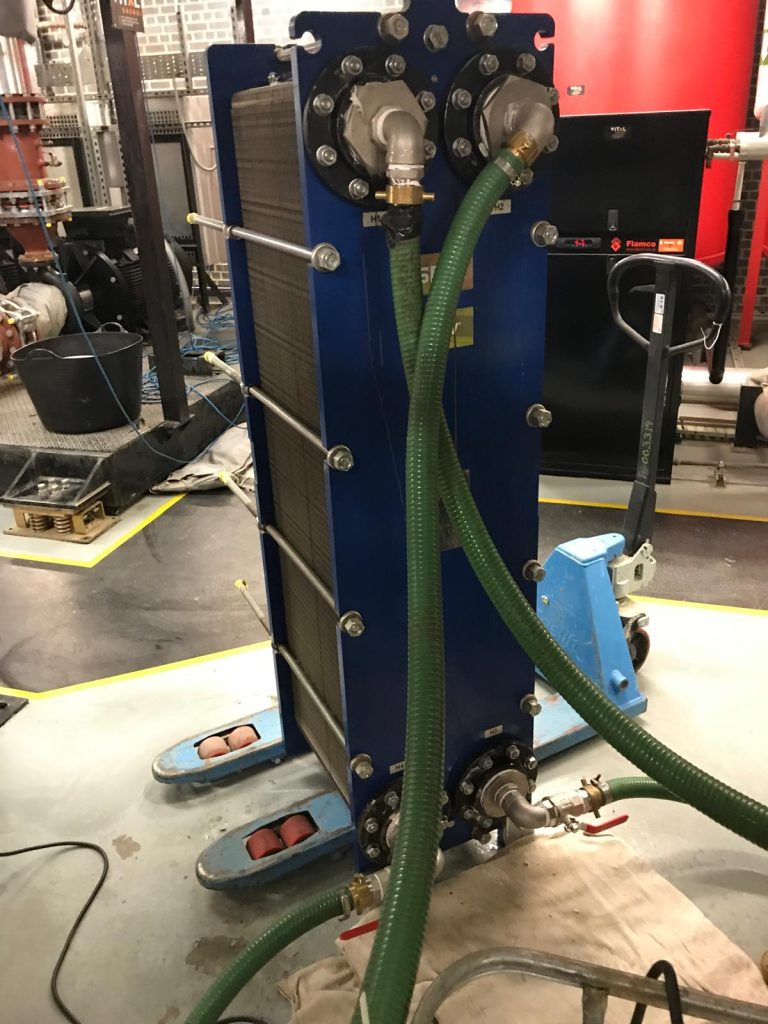
Plate Heat Exchangers
Plate heat exchangers (PHE) are indeed susceptible to fouling from dirt, scale, and other deposits. This can significantly impact their efficiency and performance. Fouling occurs because the large surface area and close spacing of the plates create conditions where particles can accumulate.
To manage fouling in PHEs, regular maintenance and cleaning are essential. Here are a few strategies to consider:
Regular Cleaning: Implement a routine cleaning schedule using chemical cleaners that are appropriate for the type of fouling.
Filtration: Installing filters on the fluid inlets can help remove larger particles before they enter the heat exchanger.
Flow Rates: Ensuring adequate flow rates can help minimize deposition by increasing shear forces against the plates.
By proactively managing these factors, the longevity and efficiency of plate heat exchangers can be significantly improved.


